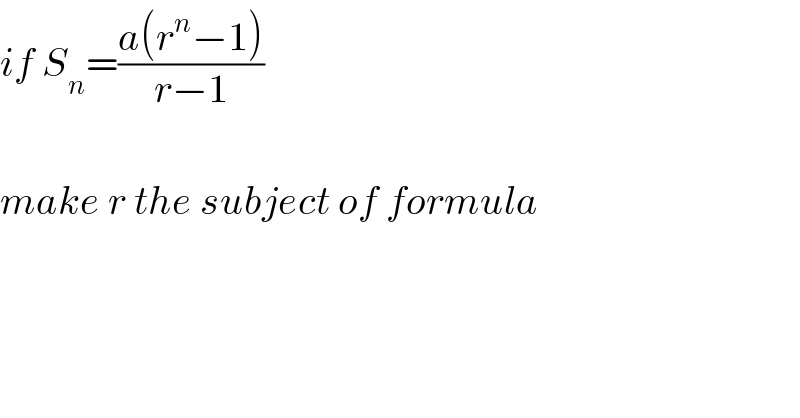
Question and Answers Forum
Question Number 28739 by NECx last updated on 29/Jan/18

Answered by ajfour last updated on 30/Jan/18

Commented by NECx last updated on 30/Jan/18

| ||
Question and Answers Forum | ||
Question Number 28739 by NECx last updated on 29/Jan/18 | ||
 | ||
Answered by ajfour last updated on 30/Jan/18 | ||
 | ||
| ||
Commented by NECx last updated on 30/Jan/18 | ||
 | ||